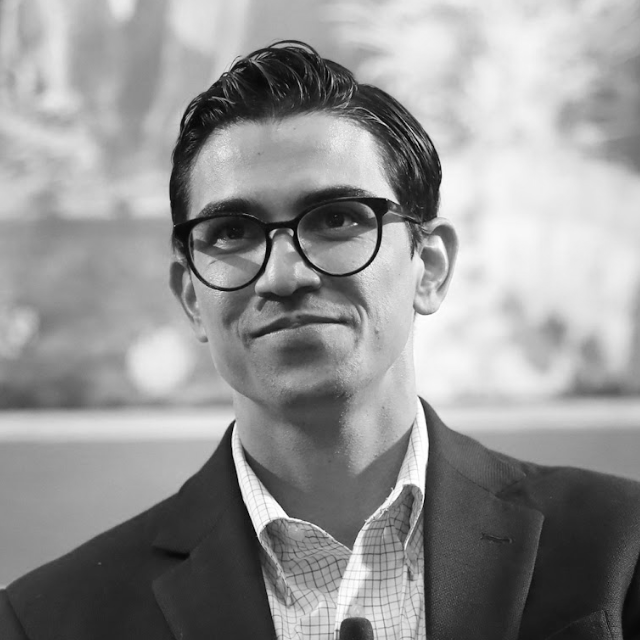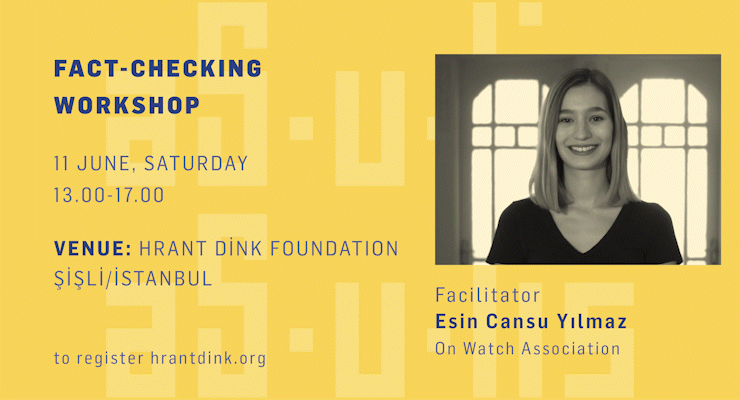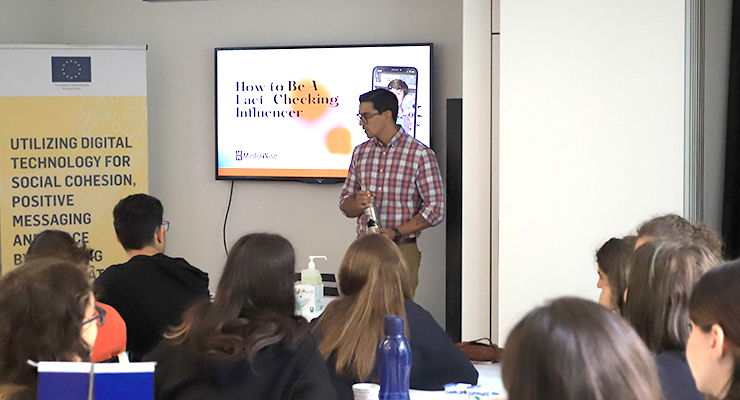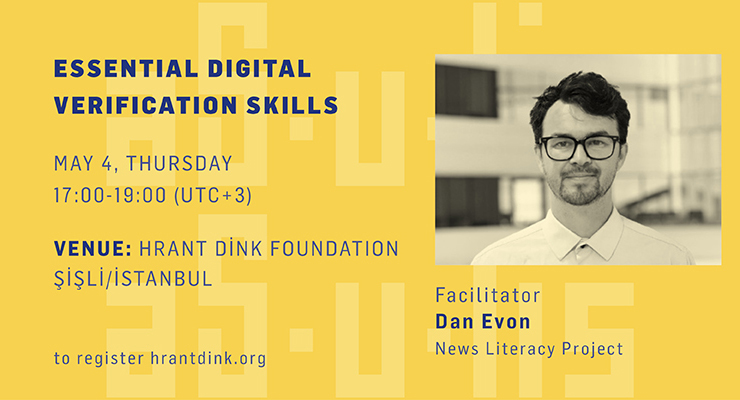You are invited: How to Be a Fact-Checking Influencer?
Date: October 8, 2022
Hours: 14:30-16:30 (UTC+3)
Age Group: 14-17
Venue: Hrant Dink Foundation
Anarad Hığutyun Binası, Papa Roncalli Sk. No: 128 Harbiye, Şişli/İstanbul
The second of the workshop series organized under the scope of the project called “Utilizing Digital Technology for Social Cohesion, Positive Messaging and Peace by Boosting Collaboration, Exchange and Solidarity” will be held on October 8 at the Hrant Dink Foundation.
In this workshop facilitated by Alex Mahadevan, teenagers will first learn the MediaWise digital media literacy curriculum: Why and how misinformation spreads, how to identify false information online, and tools and techniques for debunking and verification. Then students will learn how to take those methods and become their own fact-checker: How to create a short fact-check and how to build your audience. At the end of the class, small groups will create their own fact-check.
During the workshop:
1. Identifying the ways of being digital media literate
2. Understanding how and why misinformation spreads
3. Detecting online misinformation
4. Understanding verification tools and methods
5. Establishing the fact-checking method and determining the target audience
- The workshop will be held in English. There will be no simultaneous translation.
- Workshop participation is limited to 20 people. Participants must be between the ages of 14-17.
- The duration of the workshop is 2 hours.
- You can fill out the registration form and please send the signed parent permission certificate to This email address is being protected from spambots. You need JavaScript enabled to view it. e-mail address.
Facilitator:
Alex Mahadevan

Alex Mahadevan is the director of MediaWise at the Poynter Institute. Since 2019, he's taught digital media literacy to thousands of teenagers and older adults, and trained journalists across the world in verification and digital tools for investigations. He also co-leads the Empowering Diverse Digital Citizens Lab with Stanford University researchers.

This project is financed by the European Union.





